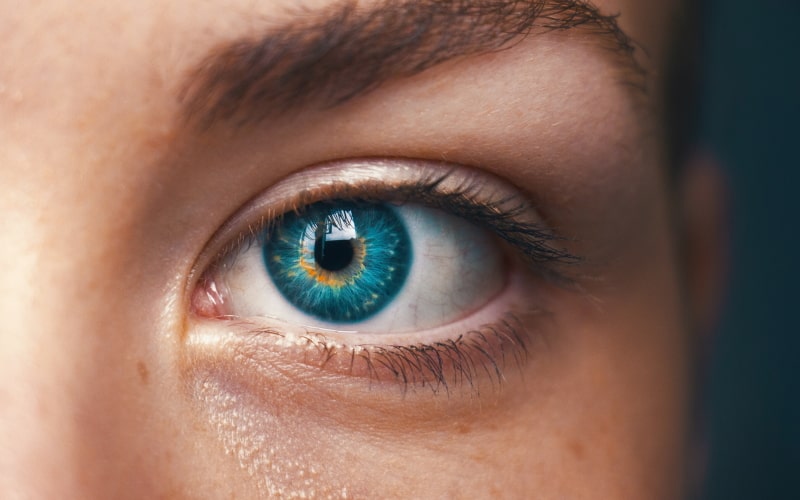
Scope of Application Image Recognition
Table of Contents
Image recognition is a subfield of computer vision that identifies visual objects, their features or attributes, in an image. The most familiar things that undergo machine learning image processing are people, activities, manufacturing parts, architectural structures (both buildings and nonbuilding structures, e.g., boats, monuments, street lights), logos, etc. Usually, to perform the image identification analysis quickly, one must possess at least three technical products. They are cameras, computers, and artificial intelligence software. in this article, we will cover most of the image recognition application in the industry
Usually, the process of machine learning image recognition consists of three stages. At the gathering stage, image identifier systems are trained to simplify an image by extracting the key visual content from the context. For this stage to run smoothly, one needs to have appropriate devices, namely professional cameras, and a computer ready to process heavy data. The processing stage is about developing an extensive machine learning image classification of parameters that will help you sort images into relatable or non-relatable groups. After that, the data is fed to the image identifier system, which analyzes visual parameters and compares them to other images.

On the whole, machine learning image processing is an excellent substitution for manual image tagging procedures. Being less time-consuming and away more accurate, image recognition applications can be used both by commercial and non-commercial organizations to optimize their workload.
Image Recognition Application. Objects to Recognize
Face Recognition
These services are used when one needs to identify a person using an image. By recreating the biometrics (texture, color, shape) of a person’s face from a photo, our developers can accurately identify a person within seconds. If needed, we can also develop user-friendly face recognition software you can use for security purposes in your business.
Shape Recognition
Less specific (in comparison to face recognition web services), shape recognition is applied when there is a necessity to sort through a database for a group of visual objects. For example, shape image recognition services have to be your #1 choice if you want to find all images that belong to groups of, let’s say, humans, non-cars, houses, etc., in a database.
Pose Estimation
Opt for these machine learning image recognition services if you need to determine where an object is (relative to an optical instrument). Also, having an image of an object can provide information for defining how far the object is (again, relative to a camera). Once the location/orientation is defined, this data can be used to signal the staff.
Content-based Image Retrieval
The basic idea of these services is that one can retrieve images from a database by analyzing visual parameters. In contrast to the less favored concept-based approach that relies on text annotations as search parameters, content-based image retrieval implies detecting colors, shapes, and textures.
Image tagging by Color
Our team can help you if you need to analyze many images in terms of the color palette used. By applying the advanced machine learning algorithms, we can identify the dominant colors on any image in no time. We will provide image tagging services within the shortest terms so that you can use our findings on colors for further investigation.

Fields to Implement Image Recognition Services
Security
The most obvious application of image recognition services for security reasons is developing software that can replace a traditional ID. Usually, the software is much more sophisticated than a paper/plastic ID and – what is more important – much more reliable. With advanced face recognition web services from Vidolab, you can be sure that only your staff can have access to your enterprise. One can also use face recognition services to control working hours and grant the right to perform specific tasks.
Scientific Research
With machine learning image recognition, you can optimize gathering your data. By collecting a sufficient amount of appropriate data with image recognition services, you have more time left to interpret the data instead. The reliability of Vidolab results is also an important factor that attracts scientists. Due to the latest machine learning image processing techniques, we can guarantee up to 99% accuracy in image recognition. Furthermore, at Vidolab, we can create software to bring the visual data together within the shortest terms.
Social Networking
The image recognition services can be used to facilitate the process of image tagging for all social networks. Depending on the amount of imagery that needs to be processed, our image recognition system can provide you with the results within days, if not hours. Having performed the image tagging procedures per se, the system can be taught to sort images into categories. The detailed image tagging analysis can be further used for choosing safe work content on social networks.
Health Care
Machine learning image recognition application can also be applied to implement advanced technologies in the healthcare industry. Apply image recognition services to stay well-informed about the routines of your patients. Save your budget by perfecting the procedures for the input of sensitive personal data. Facilitate access to patient’s histories for quicker decision-making. Image recognition services can assist if you want to have advanced sorting mechanisms. For instance, the customized software based on the image recognition mechanisms can help you sift through healthcare histories and claims within seconds.
